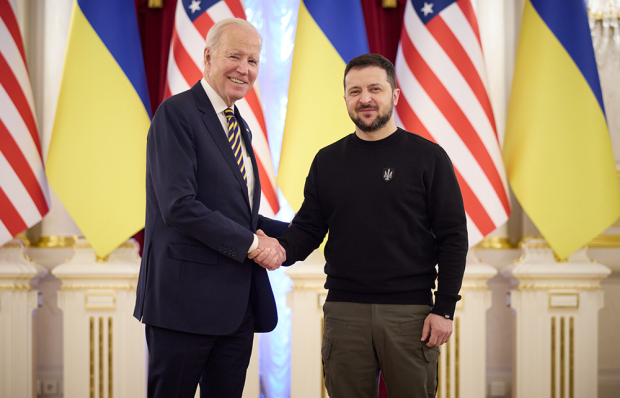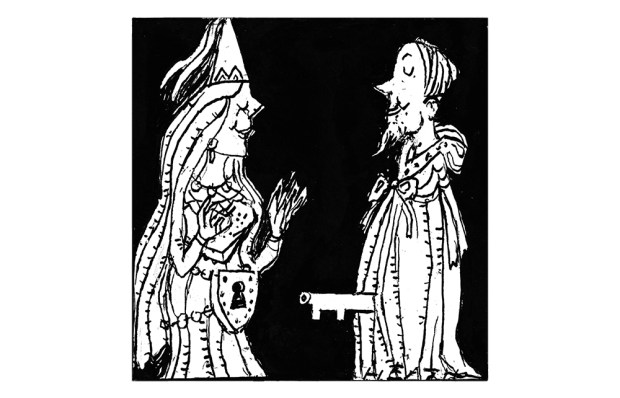We’ve long known that computers can beat us at chess, so does it matter if they have started to beat us at more verbal and collaborative games such as Diplomacy? It certainly does, and suggests a future in which artificial intelligence may begin to play a growing role in the whole spectrum of international affairs, from crafting communiqués to solving disputes and analysing intelligence briefings.
Already a subscriber? Log in
Subscribe for just $2 a week
Try a month of The Spectator Australia absolutely free and without commitment. Not only that but – if you choose to continue – you’ll pay just $2 a week for your first year.
- Unlimited access to spectator.com.au and app
- The weekly edition on the Spectator Australia app
- Spectator podcasts and newsletters
- Full access to spectator.co.uk
Or
Unlock this article
You might disagree with half of it, but you’ll enjoy reading all of it. Try your first month for free, then just $2 a week for the remainder of your first year.














Comments
Don't miss out
Join the conversation with other Spectator Australia readers. Subscribe to leave a comment.
SUBSCRIBEAlready a subscriber? Log in